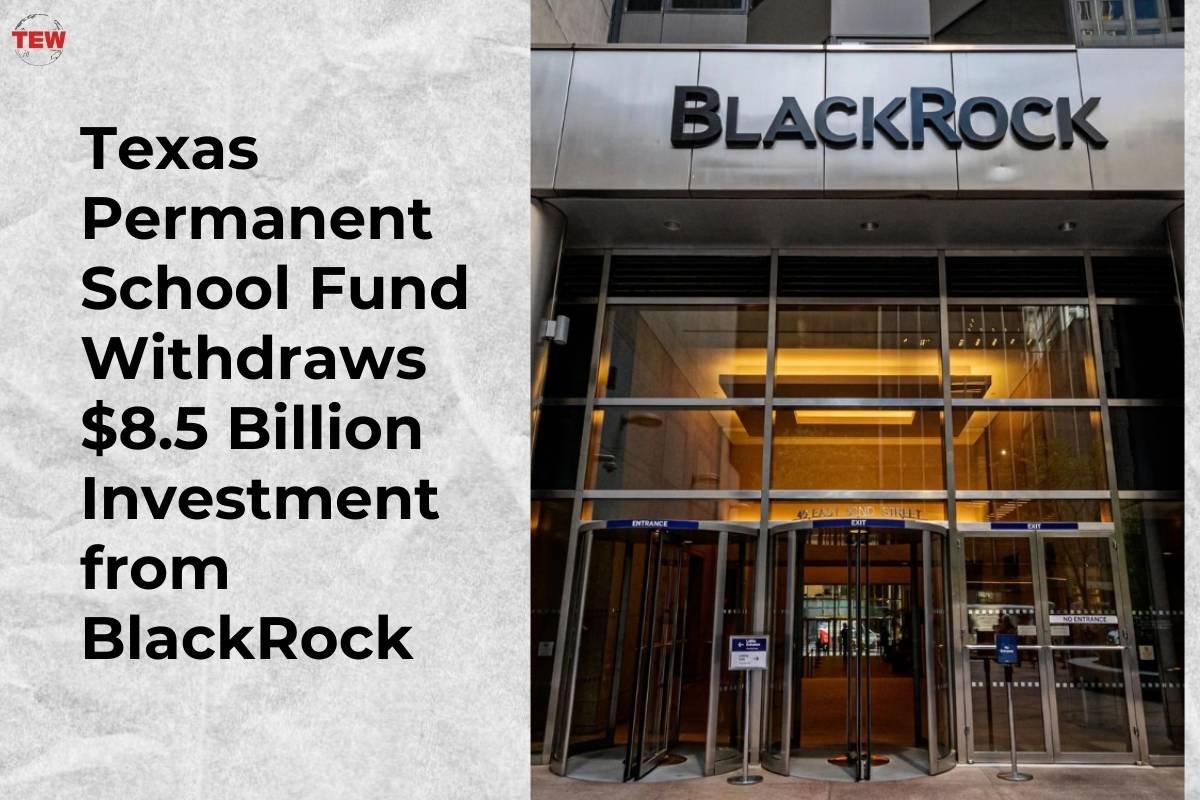In a significant move, the Texas Permanent School Fund (PSF), a historic endowment established in 1845 to bolster public education, announced on Tuesday its decision to divest its $8.5 billion investment from the asset-management titan BlackRock. The fund cited concerns over BlackRock’s internal governance policies, particularly their perceived adverse impact on the state’s energy sector.
Aaron Kinsey, Chairman of the State Board of Education, issued a formal statement underscoring the incompatibility of BlackRock’s leadership in the “environmental, social, and governance” (ESG) movement with Texas state law. Kinsey emphasized that Texas governmental entities are prohibited from investing in firms associated with the ESG movement, as outlined by state legislation. He lamented that BlackRock’s prominence in the ESG sphere significantly undermines the state’s oil and gas economy, which serves as a crucial revenue source for the Texas Permanent School Fund.
Contentious Relationship between Texas and BlackRock
The strained relationship between Texas and BlackRock stems from legislative actions, notably the enactment of a law in 2021 that restricts governmental entities from engaging with financial institutions that adopt ESG policies unfavorable to fossil fuels and firearms industries. BlackRock’s commitment to environmental sustainability, announced before the law’s enforcement, further exacerbated tensions. Lt. Gov. Dan Patrick, a proponent of the Fair Access Law, specifically urged state Comptroller Glenn Hegar to include BlackRock on the list of prohibited entities, citing discriminatory practices against the oil and gas industry.
Despite previous tensions, a semblance of reconciliation appeared evident earlier this year when Patrick and BlackRock CEO Larry Fink participated in an “energy summit” in Houston. Both parties expressed willingness to collaborate on investment opportunities in the energy sector. Fink’s conciliatory statement indicated a willingness to engage with Texas officials on potential investments in electric generation, emphasizing shared objectives in addressing grid resilience challenges.
Implications and Economic Ramifications
The withdrawal of funds from BlackRock comes amidst broader implications for Texas’s financial landscape. A recent study highlighted the adverse financial impact of the Fair Access Law, revealing that Texas taxpayers are bearing significant costs due to reduced competition among financial lending agencies in underwriting bonds for public improvement projects. Such findings underscore the multifaceted ramifications of legislative decisions on the state’s economic vitality and fiscal health.
Established in conjunction with Texas’s annexation into the United States, the Texas Permanent School Fund traces its origins to a $2 million endowment from the Legislature. Guided by constitutional provisions, the fund comprises revenues from state-owned lands and proceeds from the sale or lease of these lands, alongside revenues from offshore oil extraction since the mid-20th century.
The Texas Permanent School Fund’s decision to divest from BlackRock reflects a broader tension between economic imperatives and environmental considerations, underscoring the complex interplay between finance, governance, and public policy in shaping Texas’s economic landscape.





